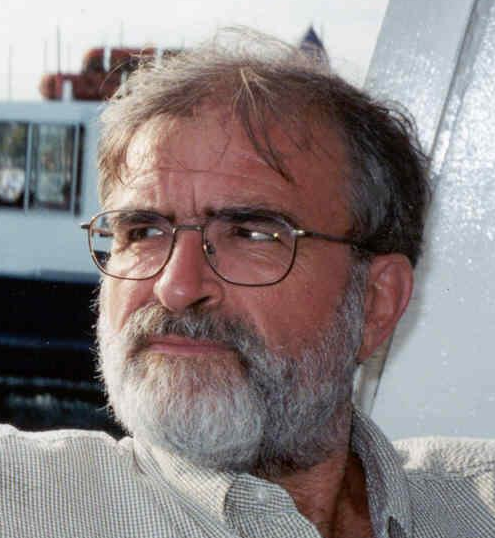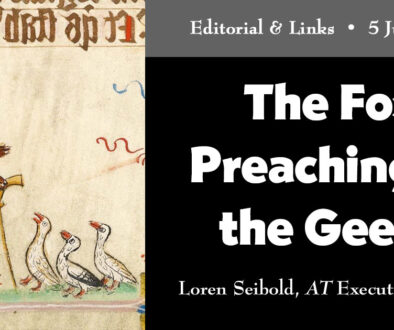Adventists and HIV-AIDS
By Ronald Lawson | 21 June 2018 |
To what extent should Adventists be concerned about people with HIV-AIDS?
In the 1950s America suffered a polio epidemic. This was right down our alley as Adventists: we loved giving water treatments, massages, etc. Those affected were usually innocent young children, and our hearts went out to them. Our response to the epidemic was so amazing that a wealthy family gave Adventists a new hospital that they built just outside Dayton Ohio: Kettering Hospital.
In the 1980s another terrible disease broke out in America. Initially it infected mostly gay men; in fact, it was initially dubbed “The Gay Plague.” It was found that it was transmitted through sexual contact with an infected person, and later it was found to be spread by sharing needles while shooting up drugs—that is, it was passed on through sharing human body fluids. As a result, this disease was in many ways the obverse of polio. Those becoming infected were not innocent, but guilty, for it was the result of actions that were seen as taken by choice, and most of its victims were people whom society despised: active homosexuals and drug addicts.
Should Adventists, who ran the largest hospital system in the USA in those years, have been concerned with people with HIV-AIDS? Would Jesus have been concerned with anyone who had a despised disease? Was it dangerous to touch a person with HIV-AIDS? Was that a good reason for regarding them as unclean and as not our concern?
A new paper on my web-site is entitled, “‘Is This Our Concern?’ AIDS and International Seventh-day Adventism.” It tells the story of how our Church responded to that epidemic and to people with HIV-AIDS. How did the church respond when it was primarily a “gay plague”? How, when a second group—black drug users—also became infected in large numbers? What about when the disease struck Africa severely? What did it take to shift the church leaders from “not our concern” to “we had better make it our concern in Africa”? And why did they remain largely aloof from the disease and people who had become infected by it in the USA?
You can read the full paper here.

Ronald Lawson is a lifelong Seventh-day Adventist, and a sociologist studying urban conflicts and sectarian religions. He is retired from Queens College, CUNY, and now lives and works in Asheville, NC.




